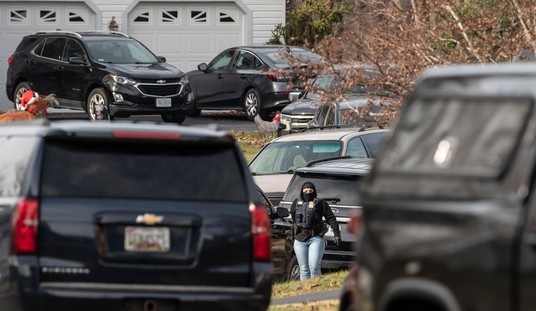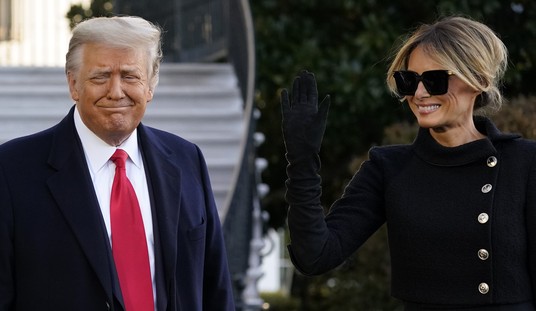I happened to stumble across this piece by occasional Obama defender and former New Hampshire Senator Judd Gregg which ostensibly defends New Hampshire’s right to continue to hold the nation’s first primary in perpetuity. In reality, the entire piece is actually an examination of the fact that New Hampshire historically has had an outsized effect on Presidential elections, not that it should have one. Essentially, Gregg’s “argument,” if you can call it that, boils down to two points: 1. New Hampshire is small, and 2. Jealous much? I am not kidding:
This is just a partial list of New Hampshire’s unique impact on the way we elect presidents in this country. Some argue that because it is a small state and allegedly not representative of many parts of the rest of the country, it should not have this oversized role in choosing who leads us. This is envy talking.
The fact is that New Hampshire’s primary is critical to sorting out who should be president. It remains the only place where the candidates must actually go out, meet, talk to and answer the questions of everyday Americans.
Occasionally someone will suggest that the right way to reform the GOP Primary system is to move to a national primary, or to move a huge state like Florida to the front of the list. I disagree strongly because I feel that this would essentially rig the game towards the Establishment/moneyed candidate every year. I think it’s a feature (not a bug) of the system that insurgent candidates without a lot of money can kickstart their campaigns with the free publicity of a better-than-expected finish that talented retail politicking in a small state can provide.
However, that doesn’t necessarily lead to the conclusion that we have to use New Hampshire as the representative small state in every single election (nor does it indicate that Iowa should get to kick things off with their caucuses).
Contrary to what many people say, however, we could do worse than Iowa and New Hampshire for leadoff small states. In recent elections they have tended to be on the bluish side of purple in Presidential elections but have been relatively close swing states in every election since 2000. Bush won both in 2004, but no Republican candidate has won either since then, which is at least arguably why we have lost every election since then.
Allow me to humbly suggest an alternative plan for the GOP – set the primary calendar in order of the closest states in the previous election, at least for the first 5 or 10 contests. To the extent that certain states are vital to our national election hopes, the goal of the primary (at least from the standpoint of the GOP) ought to be to select candidates who have natural appeal in those states. That means that in 2016, the primary calendar would look like this:
- Florida
- Ohio
- North Carolina
- Virginia
- Colorado
- Pennsylvania
- Iowa
- New Hampshire
- Nevada
- Wisconsin
Whereas in 2012, the first five in order would have been:
- North Carolina
- Missouri
- Indiana
- Florida
- Ohio
All in all, this method would serve to prioritize GOP and early candidate interest in states where it is actually needed worst and would likewise serve to highlight state parties in non-traditional (but increasingly competitive) areas instead of the same states over and over. And, at least for the foreseeable future, it would reflect the reality that the Republican candidate absolutely must be able to win both Ohio and Florida, and that any candidate who cannot play reasonably well there ought to be quietly shuffled to the side.
The inevitable result of this process would be that small states would always be in the early mix; however, there’s no persuasive reason that it has to be Iowa and New Hampshire over and over and over.














Join the conversation as a VIP Member